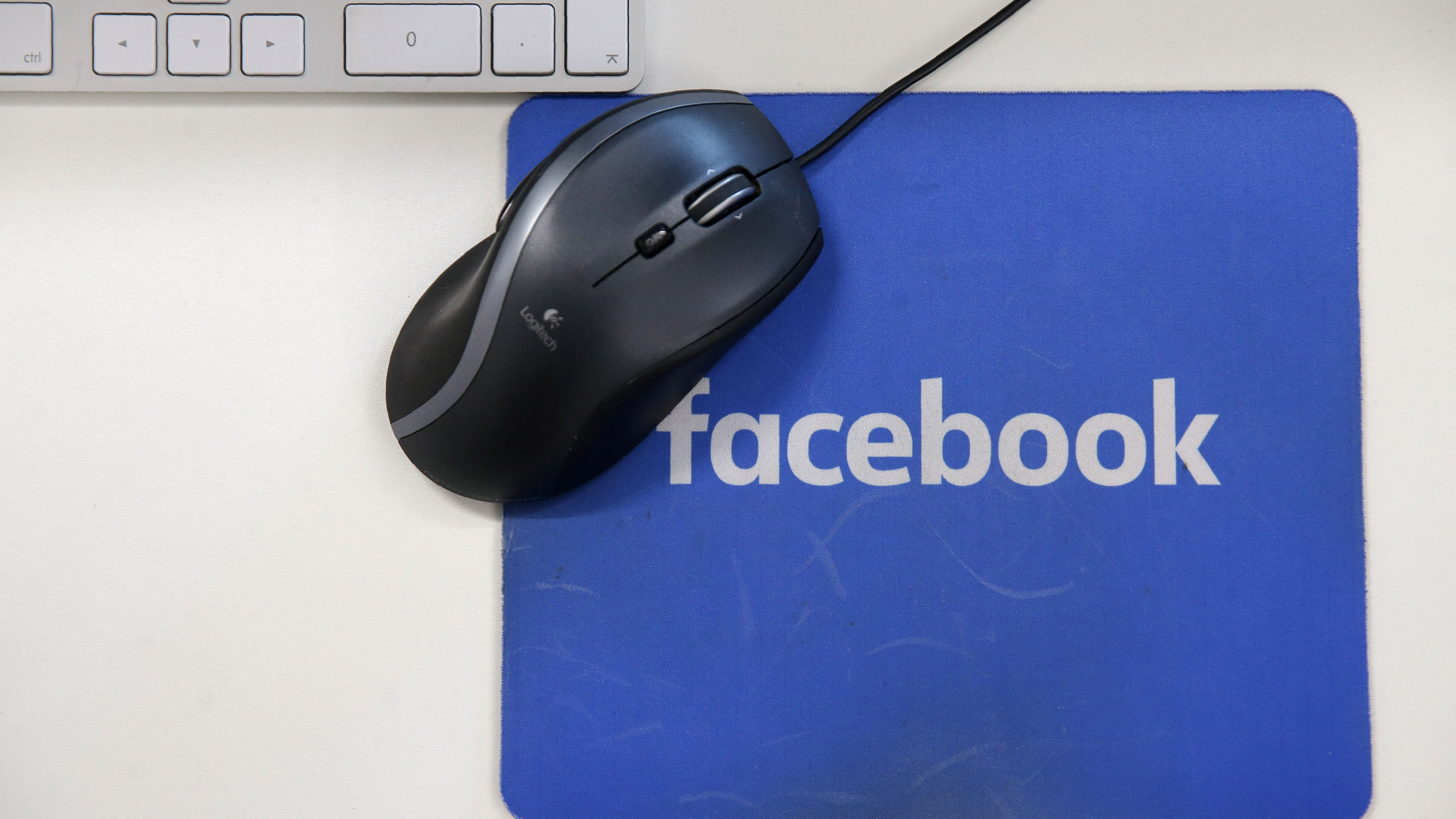Facebook critics are questioning the social media giant's commitment to transparency and digital ethics after a political intelligence firm under scrutiny from federal investigators allegedly exploited access to up to 50 million personal profiles.
The episode marks another blow to Facebook's reputation during a period of growing scrutiny over Russian use of the platform to interfere in American politics.
"Facebook has been on trial in the past 12 months in the court of public opinion," said Stephen Hahn-Griffiths, chief research officer at the Reputation Institute, which assesses public attitudes. "'Can I still trust Facebook?' is the question the general public is asking themselves."
Massachusetts Attorney General Maura Healey said she would launch an investigation because "residents deserve answers immediately."
British politician Damian Collins said Facebook had been "misleading" and "deliberately avoided answering straight questions" during an ongoing investigation. He said he's asking Facebook CEO Mark Zuckerberg or another leading executive to testify to provide answers.
Facebook confirmed Friday that Strategic Communication Laboratories-owned Cambridge Analytica had obtained profiles accessed by another developer, which had properly gotten them when users signed up for a personality prediction app called "thisisyourdigitallife."
The company acknowledged that it had learned in 2015 that the developer had broken its rules by giving the profile data to Cambridge Analytica.
That admission is fueling a chorus of critics who say that Facebook should have notified users that their information was improperly handed off to a political firm that had no obligation to discard the data.
Thickening the entanglement for Facebook is the fact that Cambridge Analytica, which has ties to high-profile Trump backers, has been under scrutiny by Justice Department investigator Robert Mueller during his investigation into Russian interference in the U.S.
"The more I read about Cambridge Analytica, the more I think it might be time to cancel my Facebook account," actor-comedian Jeff Cannata said on Twitter.
That Facebook failed to immediately disclose the handoff of profile data by developer Aleksandr Kogan was an ethical misstep, said Peter Jaworski, a business ethicist at Georgetown University's McDonough School of Business.
"If you do something wrong, it’s always better to be up front about it," Jaworski said. "It’s always worse if they discover after the fact that you knew and did nothing."
Rep. Adam Schiff, D-Calif., ranking member of the House Permanent Select Committee on Intelligence, said in a statement that Facebook "must explain the long delay" and "how they will ensure the protection of users from malicious access to their personal information.”
Facebook, Cambridge Analytica and Kogan did not respond to requests seeking comment Sunday.
The episode is also calling attention to the fact that Kogan was able to obtain the profile information of certain friends of users who agreed to give him access to their information. That data is among the trove that apparently made its way into Cambridge Analytica's hands. Facebook acknowledged that it allowed Kogan — a University of Cambridge researcher in cognitive and behavioral neuroscience who obtained the data through his role at a company called Global Science Research — to collect that information with user permission.
"What’s really appalling about this is that the company also took information on friends of yours, and you can’t really control that," Jaworski said.
Cambridge Analytica indicated privately to Facebook in 2015 that it "destroyed the data" after receiving it, Facebook said Friday. But the social media company said it recently became aware of "reports" that "not all data was deleted" and then Friday it suspended the firm from the platform pending the results of an internal investigation.
Cambridge Analytica said Saturday in a statement that it fully complied with Facebook's terms of service and was working with the social media company to resolve the matter.
"No data from (Global Science Research) was used by Cambridge Analytica as part of the services it provided to the Donald Trump 2016 presidential campaign," the company said in a statement. "Cambridge Analytica only receives and use s data that has been obtained legally and fairly," it said.
Facebook acted as The New York Times and The Observer of London exposed Cambridge Analytica's acquisition of the data, calling it a "breach" that "underpinned" the analytics firm's "work on President Trump's campaign in 2016."
Facebook disputed that characterization, saying Saturday that "the claim that this is a data breach is completely false" because Kogan originally got the data from users who voluntarily "gave their consent."
That position is coming under scrutiny, as well.
"Facebook's defense that Cambridge Analytica harvesting of FB user data from millions is not technically a 'breach' is a more profound & damning statement of what's wrong with Facebook's business model than a 'breach,'" said University of North Carolina academic Zeynep Tufekci, who is influential on social media topics, on Twitter.
Many users expressed skepticism at Facebook's commitment to change.
"If facebuck (sic) and Zuckerberg wanted to make a statement they should sue Cambridge Analytica, their employees, investors & partners," investor and author Jason Calacanis said on Twitter. "Of course, they won’t because discovery would show exactly how ruthless Facebook is when it comes to partners & how they treat their users."
Facebook also told CNN on Sunday that it was seeking information on ties between one of its employees, Joseph Chancellor, and Cambridge Analytica.
Contributing: Jessica Guynn


